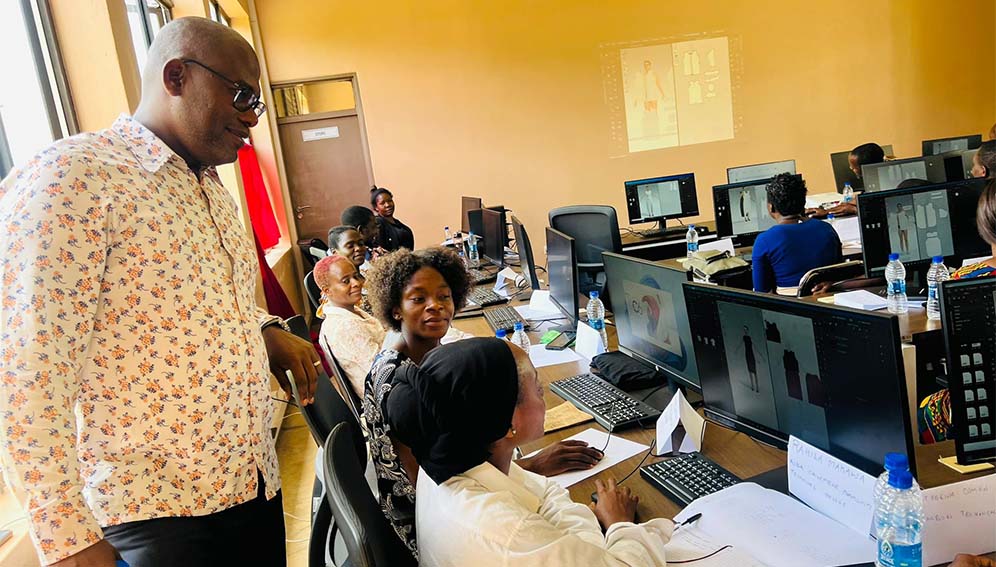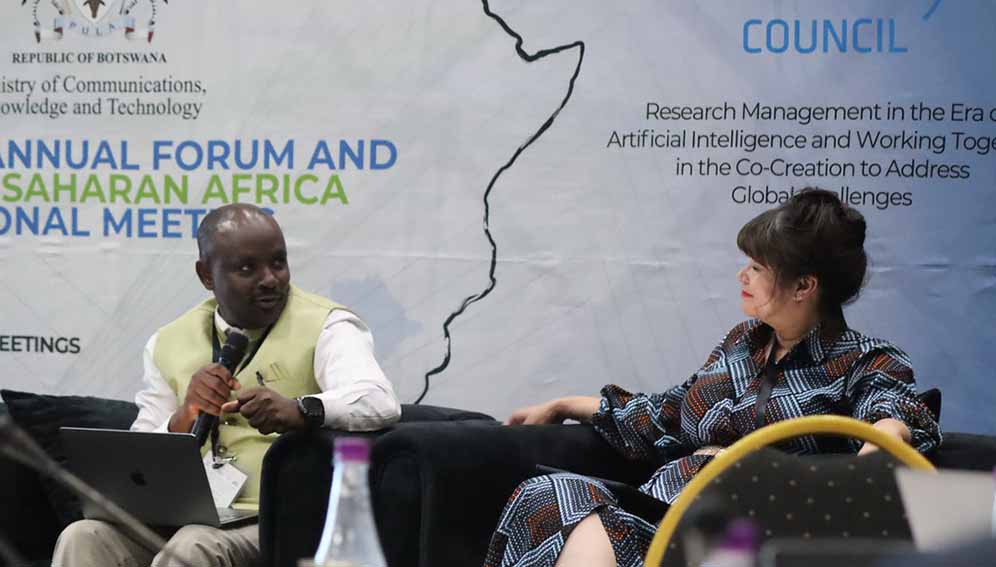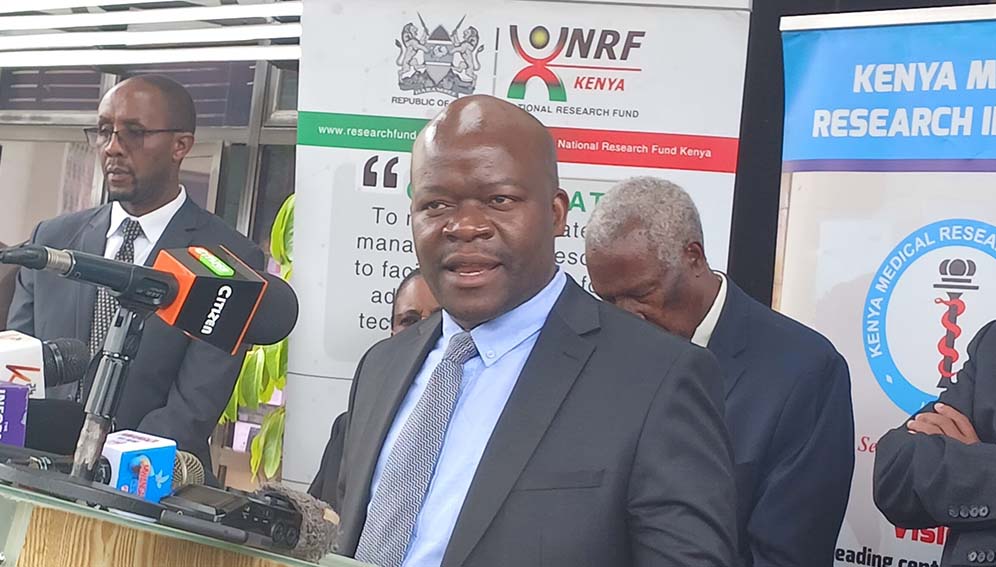SGCI News
The SGCI has established a ‘help desk’ as a dynamic interactive online platform whereby the Councils solicit relevant expertise that match their needs towards enhancing their policy and decision-making role….
The SGCI has established a ‘help desk’ as a dynamic interactive online platform whereby the Councils solicit relevant expertise that match their needs towards enhancing their policy and decision-making role. Through the African Centre for Technology Studies (ACTS), this initiative is match making needs and relevant expertise between the SGC(s) and available or relevant local or external expert(s). It is creating awareness to the councils of available experts and augmenting staff capacities.
The help desk is designed to enhance learning through the:
- creation of a database of expertise across a wide range of thematic areas that Councils require support on. The experts targeted to support the Councils have practical knowledge on STI policy processes across Africa; and are conceptually grounded in the STI research
- offline profiling of relevant thematic areas vis a vis the Councils capacity needs
- design of a website/online platform where the Councils can periodically post their needs in form of expressios of interest (EOIs). It is the intention to link SGCs with a local counterpart expert from the AfricaLics network or, where not available, a neighboring country. So far, SGCs in the following countries have been linked with local experts: Ghana, Namibia, Nigeria, Tanzania, Uganda and Ethiopia.
It is expected that once the demand is fully created, this will become a functional desired, one-stop point for the Councils to engage and work with top scholars in the STI field and vice versa. A demand driven and flexible process to ensure co-learning between the SGCs and experts has been taken into consideration in the design of this helpdesk. The help desk embeds capacity building in the delivery of the services solicited by SGCs.
The helpdesk initiative has generated further interest of the ACTS Governing Council, which has approved seed capital for the outscaling and upscaling of the Help Desk platform. The initiative has the potential of contributing to ACTS’ medium- and long-term financial sustainability beyond the SGCI. ACTS wishes to use this platform to build its capacity building portfolio across within and outside the 16 SGCI participating councils
The African Centre for Technology Studies (ACTS) is leading a consortium of partners in a three-year SGCI funded project– Strengthening the Capacity of Africa’s Science Granting Councils in the Use of Evidence in Policy and Decision Making (Evi-Pol).Evi-Pol’s main objective is to strengthen capacity of Science Granting Councils (SGCs) to use relevant evidence in policy and decision making pertaining to science, technology and innovation (STI).
For more information, contact:
Dr Ann Kingiri and Dr Agnes Lutomiah, ACTS
Related News
Uniting Malawi’s innovators: NCST’s push to bridge the coordination gap
How does Malawi move from pockets of innovation to a truly connected national ecosystem? In this interview with the Science Granting Councils Initiative, Isaac Chingwota, acting director for Technology Transfer, Innovation and Commercialisation at the National Commission for Science and Technology (NCST), explains why coordination…
Namibia launches BOOSTUP programme to bridge innovation gaps
Many promising technology-driven ideas struggle to progress beyond the concept stage due to limited access to early-stage support and mentorship. These challenges highlight the need for targeted interventions that could transform innovative ideas into viable and scalable solutions. It is against this backdrop that the…
Kenya’s postgraduate research grants
The National Research Fund (NRF), Kenya, invites applications for postgraduate research grants for the 2025/2026 financial year. This national research call is a strategic intervention to strengthen Kenya’s Science, Technology, and Innovation (STI) ecosystem by supporting high-quality postgraduate research that drives innovation, informs evidence-based policymaking,…
SGCI funded projects
Rwanda’s integrated approach to sustainable agriculture and nutrition
Project Titles & Institution Areas of Research Number of Projects being funded Project Duration Grant Amount In-Kind Distribution Council Collaboration with other councils





